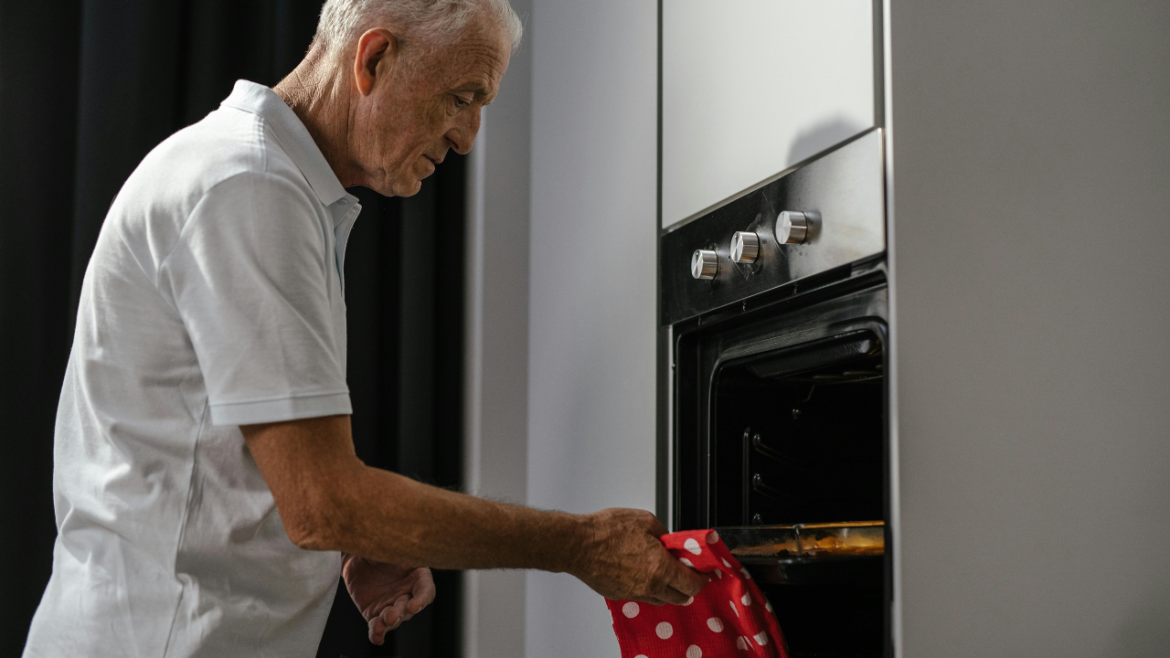Did you know that Leading Edge Senior Care has a Dementia Support Group? We meet monthly In Mesa. For more details <click here>
Should Seniors Wear Depends?
The aging process brings with it many changes, both physical and emotional. Among them, one of the most sensitive and often stigmatized issues is incontinence. While not every senior experiences it, for many, bladder or bowel control becomes more difficult over time. When these challenges begin to interfere with daily living or dignity, caregivers and loved ones may ask: Should seniors wear Depends?
This question is not simply about hygiene or convenience—it touches on independence, self-worth, and quality of life. Choosing the right support isn’t always easy, but the right approach can make a world of difference.
When Incontinence Becomes More Than a Minor Issue
For some older adults, occasional leaks may happen during a sneeze, laugh, or physical activity. Others may notice a more frequent need to urinate or experience sudden urges that are hard to control. For a senior, especially one who lives alone or struggles with mobility, this can be overwhelming.
In many cases, incontinence creeps in slowly, and families don’t always recognize when it’s time to offer help. However, when accidents begin to affect sleep, disrupt social outings, or cause skin irritation, it’s no longer something to ignore. That’s when the conversation around wearing Depends or similar incontinence products becomes essential. It’s not about shame. It’s about comfort, support, and preserving dignity.
Maintaining Dignity and Routine with the Right Tools
There’s a quiet dignity in being able to manage personal needs discreetly. This is where products like Depends step in—not just as protective wear but as a bridge back to confidence. They allow seniors to stay involved in community activities, feel comfortable during doctor visits, and avoid the stress of unexpected leaks in public.
For a caregiver, it’s not about pushing a product. It’s about introducing a tool that helps their loved one live more freely. Depends come in various styles—pull-ups, briefs with tabs, and even light liners—so seniors can find the one that fits their body and lifestyle best. Proper sizing and comfort matter more than many realize.
Addressing the Emotional Impact of Wearing Depends
Even with supportive family and medical advice, some seniors feel embarrassment or denial around needing adult diapers. This emotional resistance is real and must be met with compassion, not force. Wearing Depends isn’t a sign of weakness—it’s a way to maintain control in situations where the body has started to shift in unpredictable ways.
Sometimes, the stigma is rooted in fear: fear of losing independence, of being treated differently, or of being seen as “less than.” That’s why tone matters. Framing the conversation around comfort, better sleep, and freedom—not control—can make it easier to accept. Respect and reassurance can slowly replace the discomfort of the discussion.
Knowing the Signs That a Senior May Need Extra Support
There are subtle signs that point toward a need for incontinence protection. If a loved one suddenly begins doing more laundry, avoids leaving the house, or has unexplained rashes or odors, these could be red flags. Frequent nighttime trips to the bathroom, soiled bedding, or anxiety around social events also suggest incontinence may be affecting daily life.
Some seniors may try to mask the issue, but the physical and emotional toll will eventually surface. Early intervention—ideally led with empathy—can prevent shame, reduce the risk of urinary tract infections, and protect skin integrity. It can also make caregiving less stressful.
Reframing the Narrative: It’s About Quality of Life
When managed openly and supportively, incontinence does not have to define a senior’s life. In fact, the thoughtful introduction of products like Depends can restore a sense of independence. Seniors no longer have to fear a trip to the store or worry about a long drive. They can attend church, visit friends, and continue cherished routines with peace of mind.
The goal isn’t to highlight what’s changing—it’s to celebrate what’s still possible. With proper incontinence care, seniors can live fully, without limitations, shame, or discomfort taking center stage.

